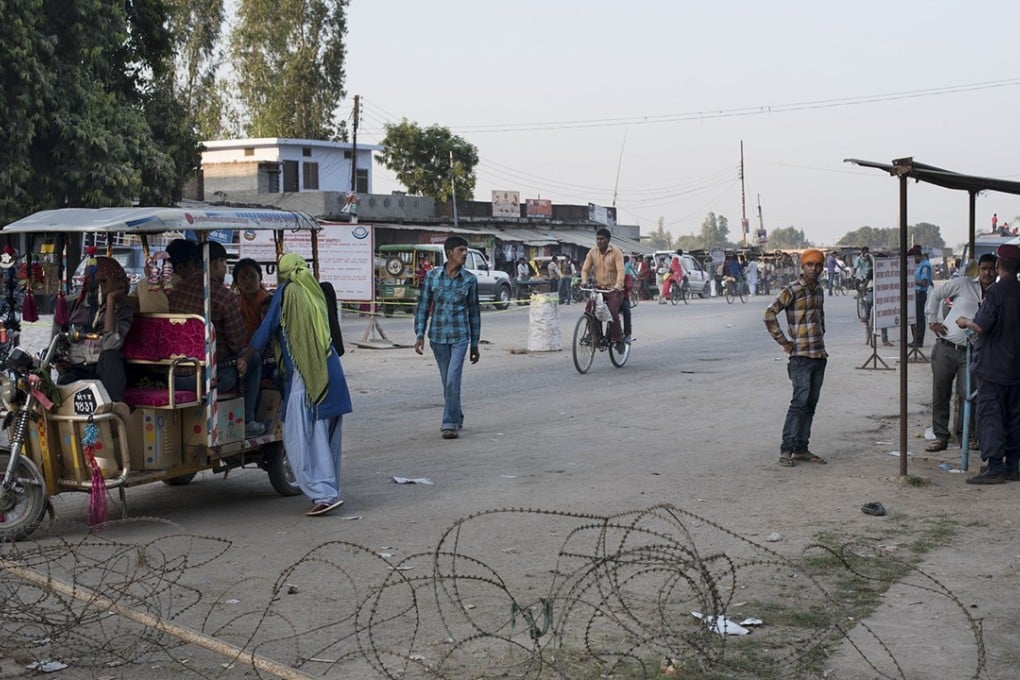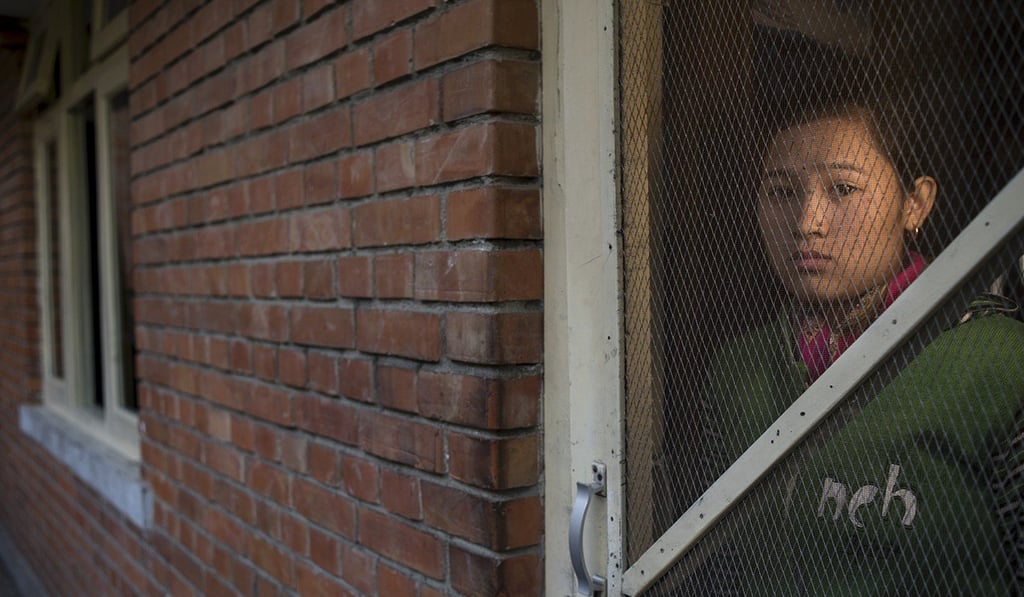Fighting human trafficking in Nepal: on patrol with the activists trying to put a stop to sex trade to India, China and the world
Effective border monitoring is saving thousands of rural women and girls from being tricked into modern-day slavery

It’s easy to cross the border between Nepal and India. Too easy. Most of its 1,600km is marked by simple, 30cm-high concrete piles. There is no wall, no fence, no barbed wire. In fact, some farmers have fields that are part in Nepal and part in India.
There is no surveillance infrastructure to make sure people don’t stray across the border and Nepali and Indian passport holders don’t need visas to visit each others’ countries. They don’t even have to carry their passports; an official identification document will do.
While an “open border” may facilitate trade and cultural and social exchange, and favour seasonal workers looking for jobs, it also poses a great threat to at-risk women and children.
According to Unicef, 12,000 children are trafficked to India from Nepal every year. Most are destined for brothels; some are forced into bonded labour, marriage or even organ removal.
Mermendo Taya left her home in a small rural village after an acquaintance called her from Kathmandu in September 2016. “She told me that some of her friends were looking for waitresses and domestic helpers in Pune [150km from Mumbai, India’s financial capital], and that the pay was good,” Taya, now 20, says. “I was bored in the village and wanted to see the world, so I decided to tag along without even telling my parents that I was leaving.”
The two women travelled by bus to Nepalgunj, a bustling border city in west Nepal, used a cycle rickshaw to cross the border showing no ID, and continued their journey by train. Once in Pune, they stayed in what appeared to be the sleeping quarters of a beauty salon. “The girl I was travelling with told me it was a temporary arrangement while she sorted out our work,” recalls Taya.

